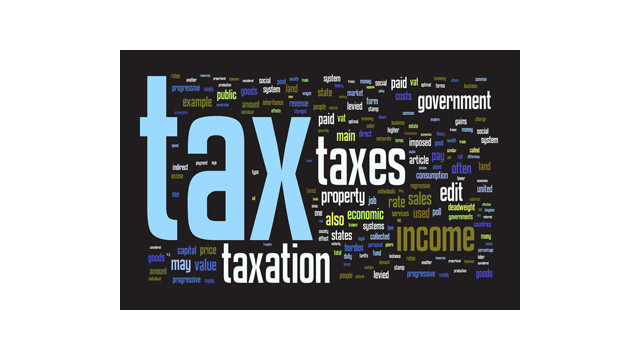Did you know that if you create a tax plan without factoring in state and local taxes (SALT), you could be leaving tax savings on the table? We’ll break down three important SALT themes to consider this year as you prepare to save your clients money with tax planning.
Remote Workforce Impacts Your Nexus Footprint
With remote work exploding in 2020, businesses have been faced with new challenges and opportunities. Of course, Zoom is now a household term, in much the same way Google became one 20 years ago. Beneath the surface, however, remote work affects businesses in ways that aren’t so straightforward, such as taxes. In particular, let’s look at how remote work impacts nexus.
Many companies don’t realize this, but remote workers can create nexus and cause a business to owe taxes in the particular states where employees live and work. Nexus is defined by each state uniquely in terms of what employee activities will trigger a tax obligation. Many states have issued temporary guidance preventing workers who are remote due to the pandemic from creating nexus. But once any temporary guidance is lifted, there could be many surprised employers finding they have tax obligations in different states.
To take one example, imagine a business in Northern Virginia that had been paying only the Virginia pass-through rate of 5%. After going remote, an employee living in DC now working remotely full-time triggered the company to owe taxes in DC at a 9.5% rate, shifting a portion of the company’s income to be taxed at the higher rate.
Even more complicated, sometimes apportionment formulas are created by a state to determine taxes owed, which means it’s possible a company may have to figure out exactly what revenue an employee generates in a given state. What about employees who don’t directly generate sales, such as those who work in human resources? What if there are employees who work remotely on certain days of the week and come to the office on other days? As remote work becomes more common, understanding the SALT implications of a business’s remote workforce is essential to forming an effective tax plan in today’s environment.
Marijuana and Taxes
It was 1981 when a convicted cocaine trafficker claimed his right under federal tax law to deduct ordinary expenses he incurred in running drug “business”: car mileage, home office expenses, production costs, and long distance telephone charges. And in the absence of any provision preventing it, the U.S. Tax Court agreed that such deductions were allowed. Shortly thereafter, in 1982, Section 280E of the Internal Revenue Code was created, which prohibited businesses selling cannabis and other illegal controlled substances from deducting any expenses incurred in the production, distribution and sale of those products.
Many states have now legalized marijuana, even though it remains subject to Section 280E under federal law. A business can take a deduction for the cost of the marijuana itself, but not for rent, security, salaries, utilities or other expenses. It becomes confusing when different states have different levels of conformity with federal law.
Some states have dropped Section 280E, for example, while other states conform to it even while having legalized marijuana. So remember to keep SALT planning in mind, particularly with businesses involved in the cannabis industry.
Cannabis sales have been skyrocketing in recent years so this is an area accountants need to be paying attention to.
Bypassing Federal Limit on Deductibility
Some states bypass the federal limit on deductibility of state and local taxes. The Tax Cut and Jobs Act (TCJA) put in place a $10,000 cap on the state and local tax deduction for individual federal returns. But some states now offer workarounds that allow certain pass-through business owners to sidestep the limit on SALT write-offs, which can make things confusing.
The most widespread workaround is to offer pass-through businesses the opportunity to pay tax at the entity level rather than taxing business income at the individual level. As business entities are not subject to the SALT limit, the business can deduct the full amount of the taxes paid, which then decreases the income passed through to owners for federal tax purposes. However, in some states this option comes with a tax rate for the entity that is higher than the individual would have paid without the election.
While this workaround may lead to savings in high-tax states, it may not mean much for many small business owners. You’ll need to review your client’s taxes at the entity and personal levels. In cases where the client doesn’t itemize deductions, the benefits may not be as significant. It’s worth looking into, though, as your clients could see significant savings by taking any opportunities to bypass the federal limit on deductibility.
The Best Tax Plans Include State and Local Planning
Ultimately, tax plans are incomplete without SALT planning. Whether it’s working to bypass the federal limit on deductibility or taking into account special circumstances like marijuana or remote workers, there’s ample opportunity to help clients properly comply with a professional tax plan that includes SALT planning—and find ways to save money on taxes in the process.
=====
Robert (Bob) Bennett is the vice president of tax and legislation at Corvee, a software and solutions company serving tax and accounting firms. At Corvee, Bennett works as part of the team that develops and maintains the Corvee Tax Planning software.
Thanks for reading CPA Practice Advisor!
Subscribe Already registered? Log In
Need more information? Read the FAQs
Tags: Benefits




